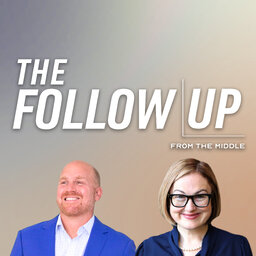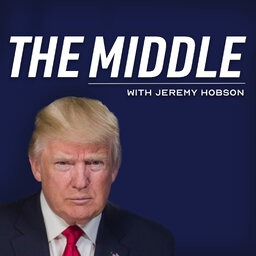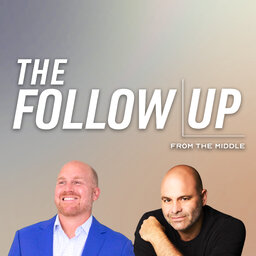How can we make healthcare cheaper?
On this episode of The Middle we're asking you: What can be done to bring down the cost of healthcare in America? We're joined by billionaire businessman Mark Cuban, owner of Cost Plus Drugs, and former Kansas Governor and Health and Human Services Secretary Kathleen Sebelius. The Middle's house DJ Tolliver joins as well, plus callers from around the country. #healthcare #pharma #prescriptiondrugs #universalhealthcare #singlepayer #insulin
In 1 playlist(s)
The Middle with Jeremy Hobson
The Middle with Jeremy Hobson is a national call-in talk show focused on bringing the voices of Amer…Social links
Follow podcast
Recent clips

The Follow Up: Fear in Trump's First Year, Michigan and the Midterms
22:56

One year of Trump: How are His Policies Affecting You?
49:39

The Follow Up: Minneapolis, Maduro’s Capture, and the First Days of Mamdani
26:52
 The Middle with Jeremy Hobson
The Middle with Jeremy Hobson